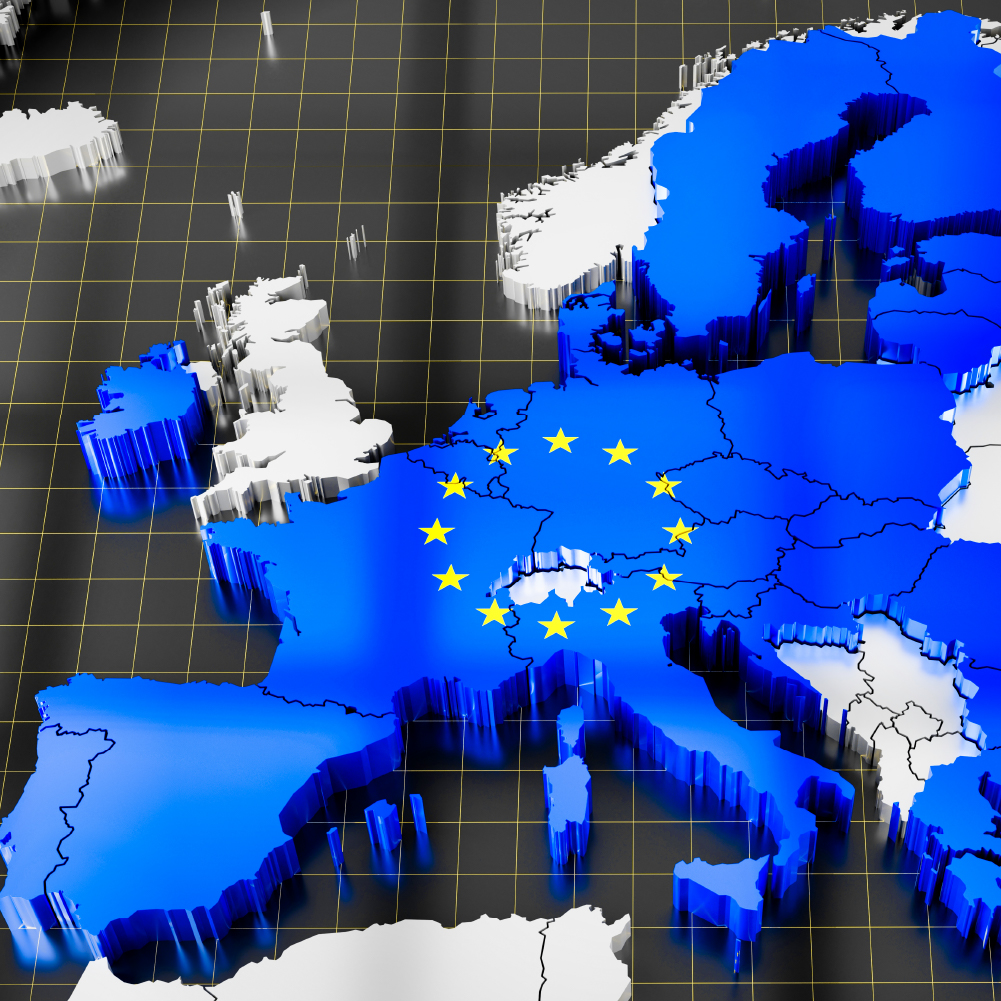THE CHALLENGE
Carbon Border Adjustment Mechanism (CBAM) poses significant risks to companies across diverse sectors, ranging from agriculture to manufacturing. In January 2024, we successfully assisted our client in submitting their first CBAM
reports by providing comprehensive guidance on governance, process establishment, and data management.
- Apart from the financial burden of purchasing CBAM certificates, which begins in 2026, companies face penalties from Member states for non-compliance or inaccurate reporting
- The obligation to report on the embodied emissions of imported CBAM goods, companies heavily rely on supplier readiness and data accuracy
- Navigating the CBAM portal presents a challenge due to its novelty and the multitude of data inputs required
THE SOLUTION
Gemserv’s ESG and Policy Insight team collaboratively offered the client support for CBAM reporting. This included:
- Understanding how CBAM impacted them
- Identifying whether they import items under CBAM regulation
- Identifying which suppliers they needed to engage with to gather the data required to file their report
- Assessing their risks for not reporting (i.e., potential penalties)
- Assessing the cost of CBAM certificates
- Assessing how the impacts of CBAM affect their sourcing approach
THE IMPACT
In January 2024, we successfully assisted our client in submitting their first CBAM reports by providing comprehensive guidance on governance, process establishment, and data management.
As CBAM reshapes international trade dynamics, companies must prioritise compliance to avoid penalties and maintain market competitiveness.
Gemserv remains committed to supporting businesses in navigating the complexities of CBAM reporting and fostering sustainability in the global marketplace.
Looking ahead, we continue to provide strategic advice to optimise reporting processes and minimise compliance risks.




